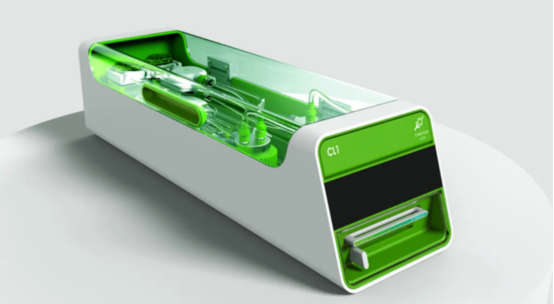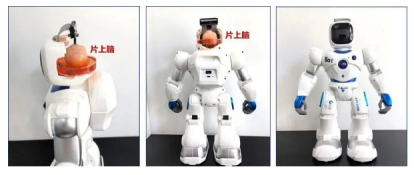Please click the button below to go to our email login page
|
The World’s First “Brain Computer” Has Emerged! Li Ka-Shing Leads an Investment of 15 Million USD!Recently, Australian biotech company Cortical Labs has introduced the world’s first commercial biological computer at the 2025 Mobile World Congress.
This biological computer, called CL1, integrates lab-grown neurons derived from human stem cells and silicon technology to create a novel neural network, named synthetic biological intelligence (SBI).
It is known that this computer has potential applications in various fields, from medical research to robot technology. Its natural learning mechanism to simulate biological neurons has prominent value in drug discovery and the development of next-generation robotics.
Currently, this product is priced at $35,000. This company also plans to launch cloud remote access service to further improve user experience.
In 2023, this company successfully attracted a leading investment of 15 million USD from Horizons Ventures owned by Li Ka-Shing, followed by other investment from famous investment organizations including Blackbird Ventures, LifeX Ventures, Radar Ventures and In-Q-Tel.
“Carbon-based + Silicon-based” computer created by ethnic Chinese
In 2022, this company published research on Neuron journal, displaying the way to train a mini-brain constituted by 800,000 cells to play classical arcade game Pong.
Based on these breakthrough achievements, CL-1 was born at the right moment, which consists of hundreds of thousands of neurons, has a volume similar to the brain of ants or cockroaches, and is housed in a “machine in a box” with an internal life support system.
The neurons need to be cultured in solution and grown in silicon chips that are responsible for sending and receiving electrical impulses to the neural structure.
Next, these neurons are integrated into a proprietary Biological Intelligence Operating System (biOS) that can convey environmental information directly to neurons. When neurons respond, they change the state of their simulated world. The internal system is equipped with a pump to maintain cell activity, gas system, and temperature controller, so as to ensure that the cells can survive for 6 months.
In the launch event, the company pointed out that the CL1 unit of the entire rack uses only about 850 to 1000W of energy, much lower than traditional AI and computer models, and is completely programmable that can provide bidirectional stimulation and reading interface.
Notably, the founder and CEO of Cortical Labs, Hon Weng Chong is Chinese Australians and obtained doctor of medicine from the University of Melbourne, who is also the founder and CTO of the internet medical company CliniCloud (invested by Tencent and Ping An Ventures).
What are the other corporate and institutional layouts?
Cortical Labs is not the only corporate or research institution exploring “Brain-Computer interface& Human brain organoids technology” in the world.
In 2024, Tianjin University, Southern University of Science and Technology and other universities cooperated and jointly developed an open-source brain-on-a-chip interface intelligent interaction system, MetaBOC.
This system achieves the culture of “brain”, making it autonomously control the robot to avoid obstacles, track, grasp and other tasks and completes multiple heuristic work of brain-like computation.
In the same year, the Swiss company FinalSpark introduced the first human brain organoid platform, providing rental service for biological computer made from human brain cells or organoids, with the starting price of 1000 USD/month.
The research team from Indiana University in America developed Brainoware, a technology that can connect lab-grown human brain tissues with traditional electronic circuits, which has exhibited speech recognition function. |




